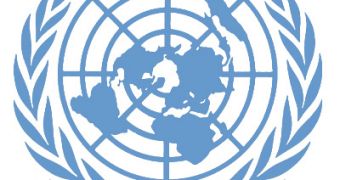A U.S. State Department directive asked its diplomats to collect intelligence on leaders of the United Nations and their support staff, information that could have been used for cyber espionage.
Called the "National HUMINT Collection Directive," the document was signed by Hillary Clinton and was exposed along with the cache of leaked U.S. diplomatic cables released by WikiLeaks.
The directive went in effect starting July 31, 2009 and defined key topics for the intelligence gathering effort, which included Darfur/Sudan, Afghanistan/Pakistan, Somalia, Iran and North Korea.
US diplomats were asked to try and obtain as much information as possible about UN officials, including their personal and financial details, as well as details about their communication methods.
The list of sought-after data is truly extensive. It includes telephone numbers and email addresses; limited distribution telephone numbers/directories and public switched networks (PSTN) telephone directories; dialing numbers for voice, datalink, video teleconferencing, wireless communications systems, cellular systems, personal communications systems, and wireless facsimiles.
"Information on hacking and security incidents involving UN networks" was also wanted, as well as a list of "key personnel and functions of UN entity that maintains UN communications and computer networks."
The directive asked diplomats to try and obtain biometric and biographic data on North Korean representatives at the United Nations, as well as "passwords, personal encryption keys, and types of VPN versions" used by other officials.
Some experts argue that this directive blurs the line between being a diplomat and being a spy. Collecting biographical information on foreign officials or their preferences and work schedule can be considered routine.
However, credit card details, frequent flyer numbers, not to mention passwords and encryption keys, could clearly be used in tracking or cyber espionage and their gathering is definitely suspicious.
This is not the first evidence of US spying at the United Nations. An email leaked in 2003 before the invasion of Iraq, revealed NSA's intentions to bug the UN offices of six countries.

 14 DAY TRIAL //
14 DAY TRIAL //